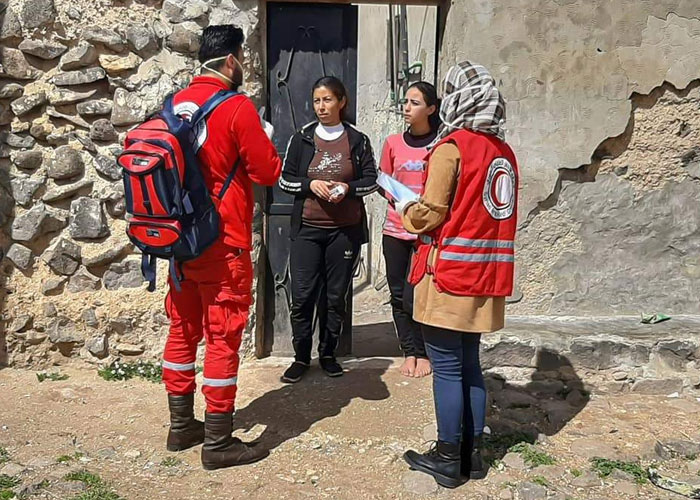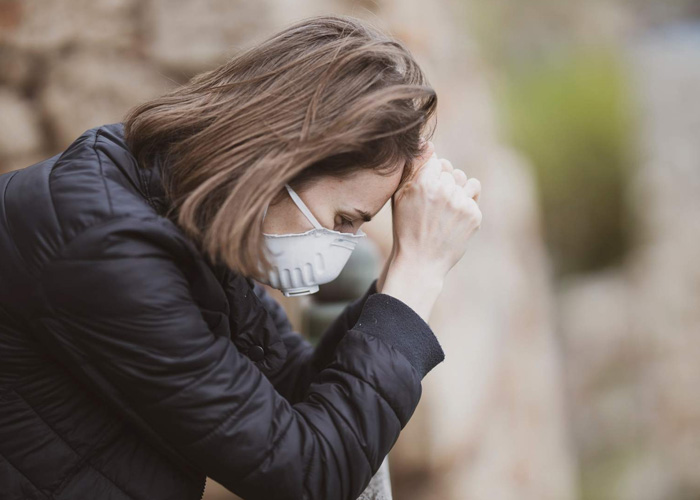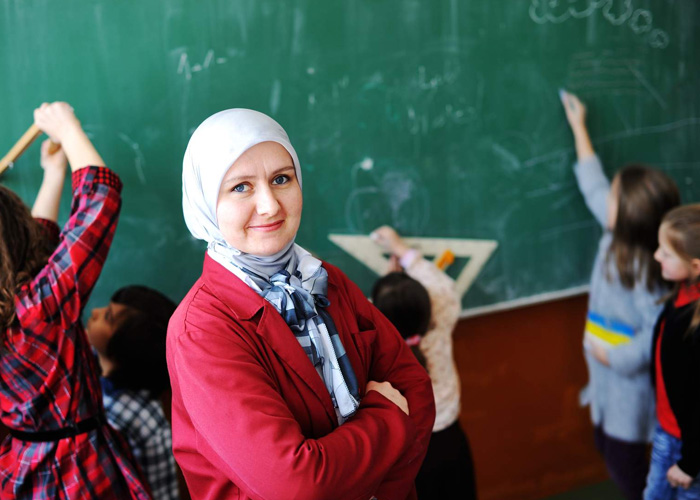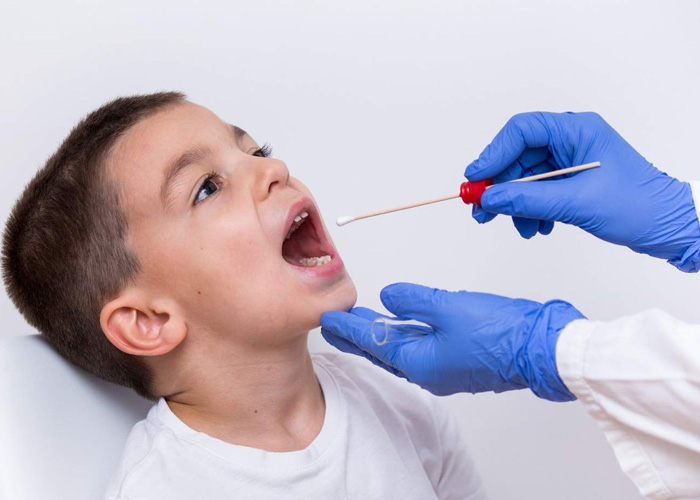Test
Prioritization of occupational health and safety discussed in tripartite meeting of WHO, ILO and the Iranian health and labour ministries
Thursday, 19 May 2022 – Occupational health and safety (OHS) and multilateral collaboration at the regional and country level were discussed during a tripartite meeting between the World Health Organization (WHO) country office in the Islamic Republic of Iran, WHO’s regional Centre for Environmental Health Action (CEHA), the International Labour Organization (ILO) and the Iranian Ministry of Health and Medical Education and Ministry of Cooperatives, Labour and Social Welfare, held in Amman, Jordan, on 18 May 2022.
Part of a three-day high-level mission from Islamic Republic of Iran to Jordan, the tripartite meeting welcomed the participation of representatives from the ILO, including Dr Yuka Ujita, an occupational safety and health specialist based in Bangkok, Thailand, and Dr Halshka Graczyk, a technical specialist on occupational safety and health based in Geneva, Switzerland, who participated virtually.
Expressing their readiness to join forces with WHO to enhance the well-being and health of employees in the Islamic Republic of Iran, the ILO representatives offered support and guidance in sharing experiences and developing policies.
The Center of Environmental and Occupational Health at the Iranian Ministry of Health and Medical Education, led by Director-General, Dr Jaffar Jandaghi, and representatives from the Ministry of Cooperatives, Labour and Social Welfare, also joined the meeting virtually to discuss the theory and practice of OHS rules and regulations in the Islamic Republic of Iran and the responsibilities of both ministries in safeguarding the workforce and workplaces across the nation.
As discussed at the meeting, the Ministry of Health and Medical Education is responsible for occupational health and the Ministry of Cooperatives, Labour and Social Welfare is responsible for occupational safety in workplaces, and they come together in a joint inter-ministerial and inter-sectoral committee of national technical officers and decision-makers.
A host of technical areas were discussed and consensus was reached on the following areas for further collaboration among ministries and organizations:
• expansion of networking and collaboration among the parties
• sharing and adopting newly-updated guidelines, regulations and threshold standards
• training and capacity-building for national staff
• an OHS strategy for small-scale and private sector industries and workplaces.
The meeting concluded with all the parties agreeing to a joint mission by CEHA and ILO to the Islamic Republic of Iran in the near future for further technical discussions and action plan development












